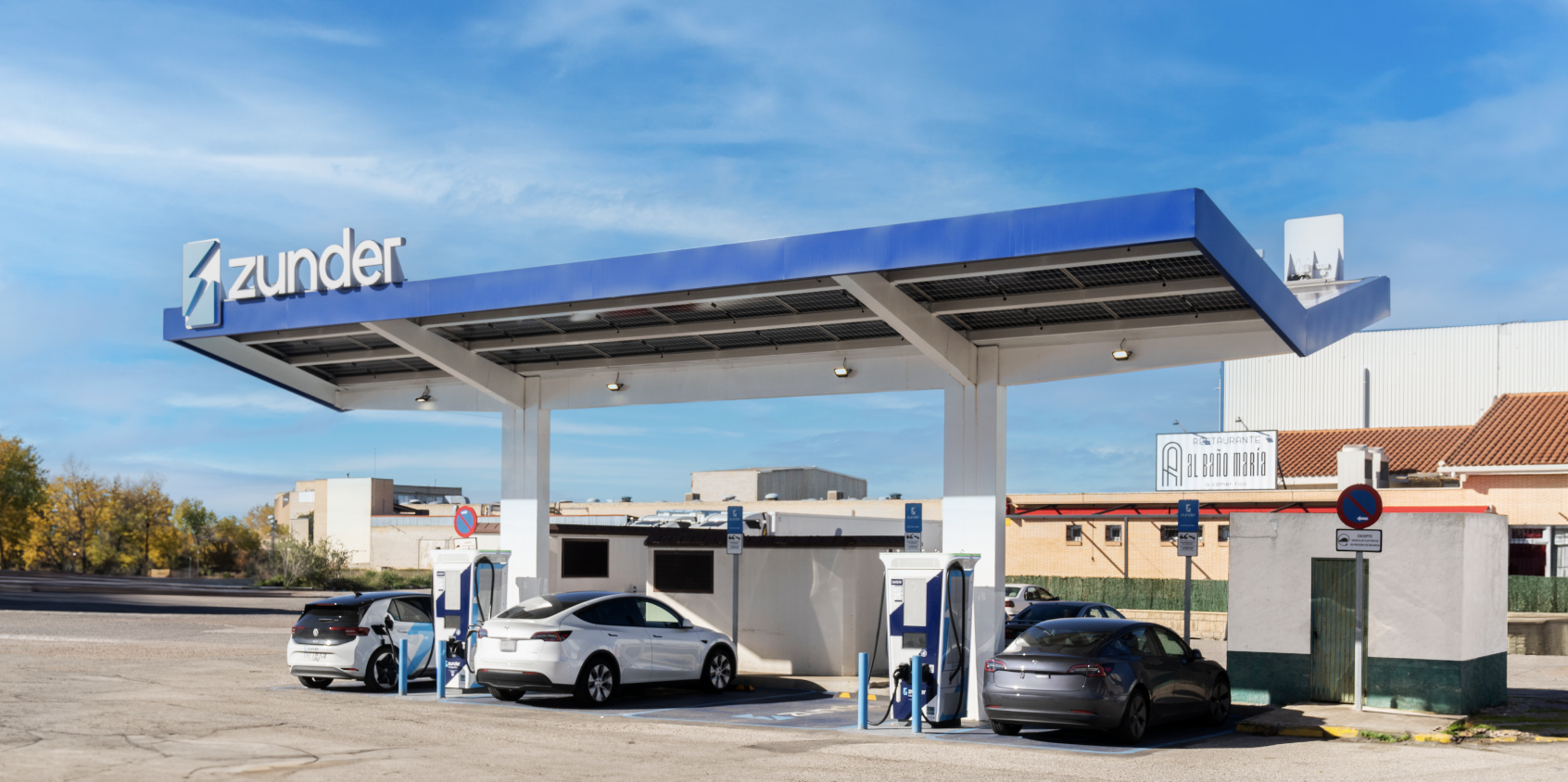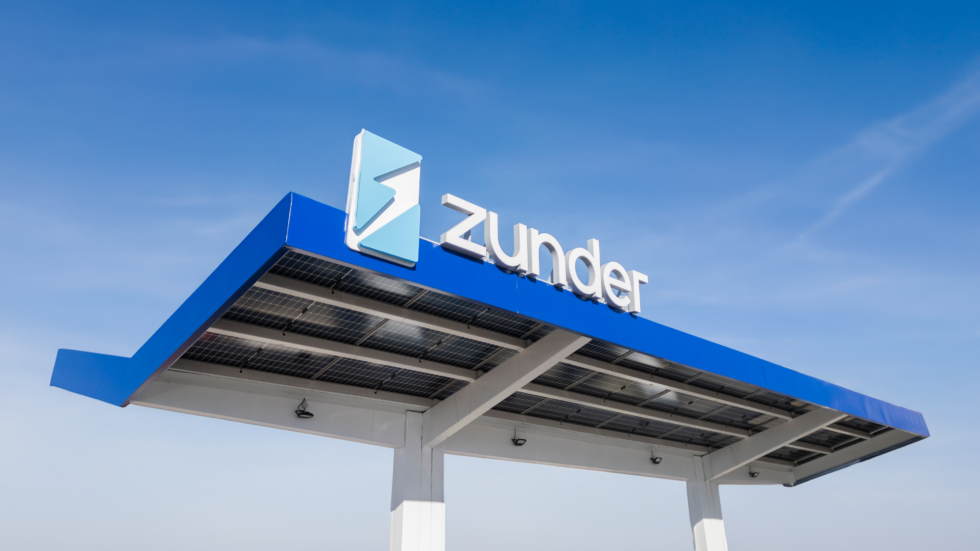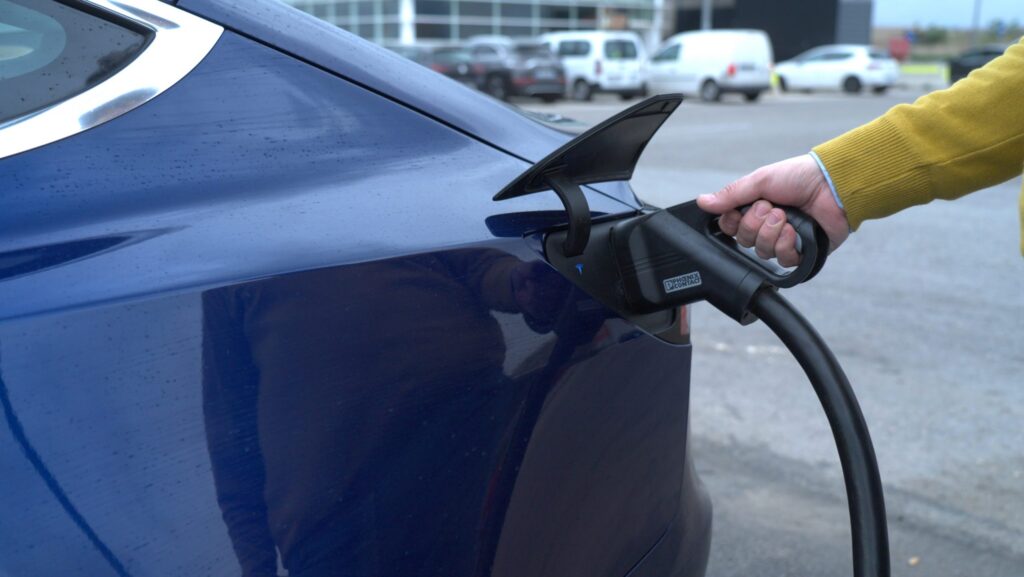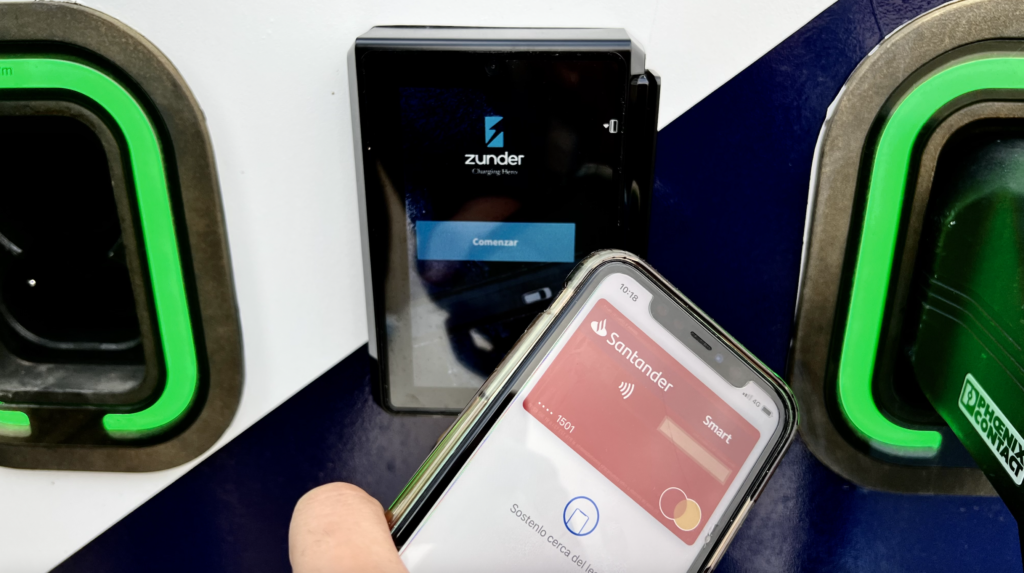What is the Regulation on Alternative Fuels Infrastructure (AFIR)?
The Regulation on Alternative Fuels Infrastructure (AFIR) is a European Union regulation designed to promote the adoption of alternative fuels and reduce the carbon footprint of transportation. It was adopted on July 25, 2023, and entered into force in February 2024. The main objetives are to reduce greenhouse gas emissions by 55% by 2030 and to achieve climate neutrality by 2050.

Minimum Objectives of the Regulation on Alternative Fuels Infrastructure (AFIR)
Among the minimum objectives set by the Regulation for each Member State, it stands out that as of 2025 the following must be installed:
• Fast charging stations: Fast charging stations of at least 150 kW for cars and vans are required for every 60 km along the main transport corridors of the EU, known as the trans-European transport network (TEN-T).
• Charging stations for heavy vehicles: Charging stations with a minimum available power of 350 kW for heavy vehicles must be installed every 60 km on the core network of the TEN-T and every 100 km on the comprehensive network of the TEN-T. This network must have full coverage by 2030.
• Guaranteed payment and price transparency: Electric vehicle users must be guaranteed payment at charging points through payment cards or contactless devices, without the need for a subscription. In addition, prices must be fully transparent.
• Comprehensive information for consumers: Charging point operators must provide consumers with comprehensive information via electronic means about availability, waiting time, and price at different stations.
Deadlines and Obligations
According to the regulation, by December 31, 2024, Member States must prepare and submit to the Commission a draft national action framework for the development of the alternative fuels market in the transport sector and the implementation of the corresponding infrastructure. By December 31, 2025, each Member State will develop its final national action framework. By December 31, 2027, and thereafter every two years, each Member State will submit to the Commission a national progress report on the implementation of its national action framework.
Benefits of the AFIR Regulation
• Reduction of the carbon footprint of transportation.
• Promotion of the adoption of electric vehicles and other alternative fuels.
• Promotion of charging and refueling infrastructure throughout Europe.
In conclusion, the AFIR Regulation is a key initiative to advance towards more sustainable mobility in Europe. By expanding alternative fuels infrastructure and promoting the use of electric vehicles, it significantly contributes to reducing greenhouse gas emissions and achieving the European Union’s climate goals.
Zunder, a leading operator in Spain and Southern Europe in ultra-fast charging for electric vehicles, currently covers in Spain practically the entire network required by the AFIR regulation as well as other objectives of this regulation.
You can read more here: https://data.consilium.europa.eu/doc/document/PE-25-2023-INIT/en/pdf



